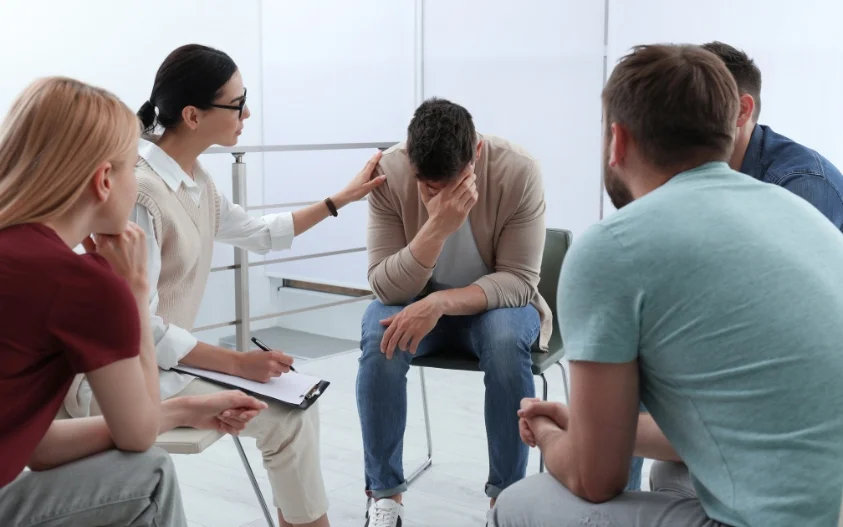24/7 Helpline:
(866) 899-221924/7 Helpline:
(866) 899-2219
Learn more about PTSD Treatment centers in Gordonville
PTSD Treatment in Other Cities

Other Insurance Options

Kaiser Permanente

Excellus

BlueShield

WellCare Health Plans

Magellan

Coventry Health Care

WellPoint

PHCS Network

Medical Mutual of Ohio

Humana

MHNNet Behavioral Health

Group Health Incorporated

Optima

Holman Group

Lucent

MVP Healthcare

Health Partners

Molina Healthcare

Covered California

Choice Care Network



















